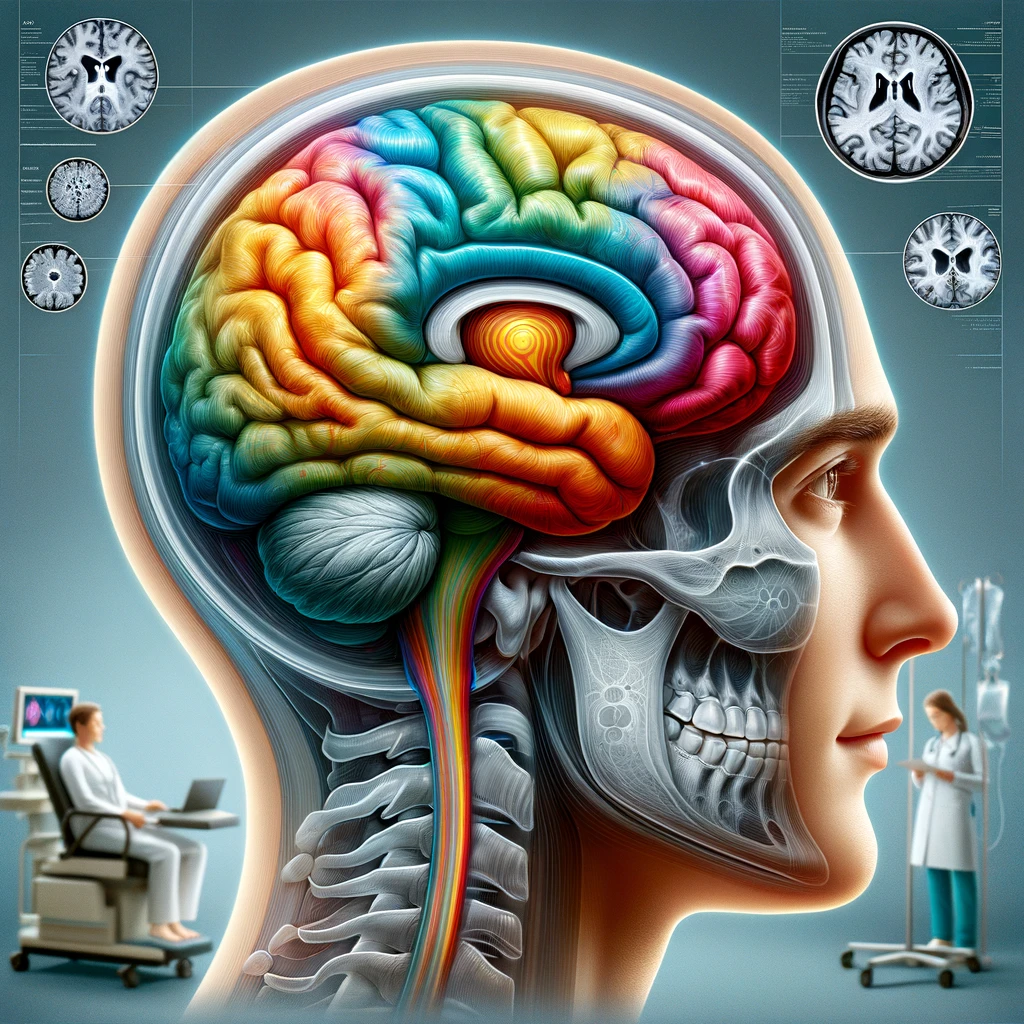Functional Neurological Disorder (FND) presents a frontier of exploration in neurological and psychiatric disciplines, where symptoms manifest without clear organic causes. Neuroimaging, a pivotal tool in this exploration, offers a window into the brain’s workings, shedding light on how FND differs fundamentally from other disorders like malingering or feigning. This article delves into the sophisticated diagnostic techniques that delineate the nuanced presentations of FND. It highlights the ethical and clinical challenges faced by healthcare professionals in distinguishing genuine neurological symptoms from those artificially produced. With advancements in technology and a deepening understanding of the brain’s complex functions, we are better equipped to offer precise diagnoses and tailored treatments, paving the way for improved patient outcomes in FND management.

